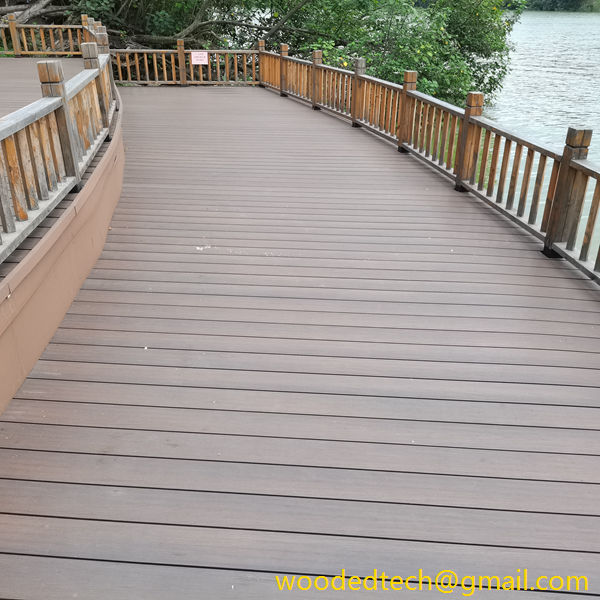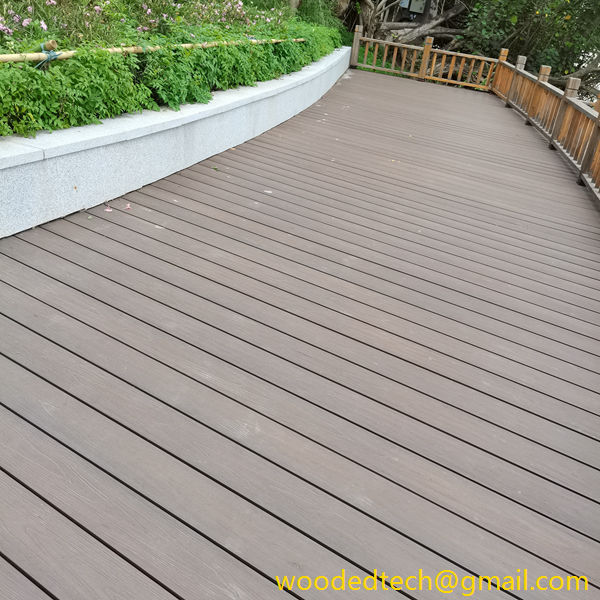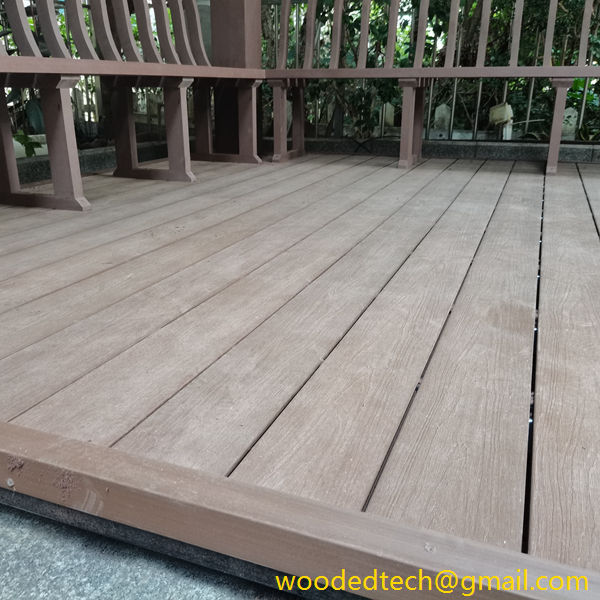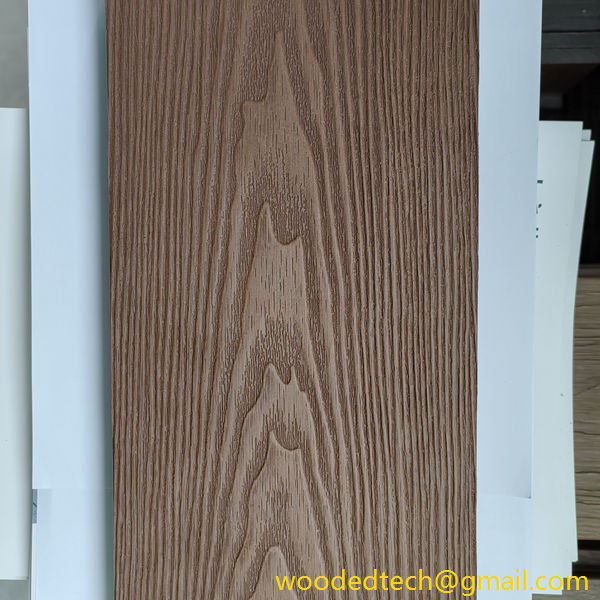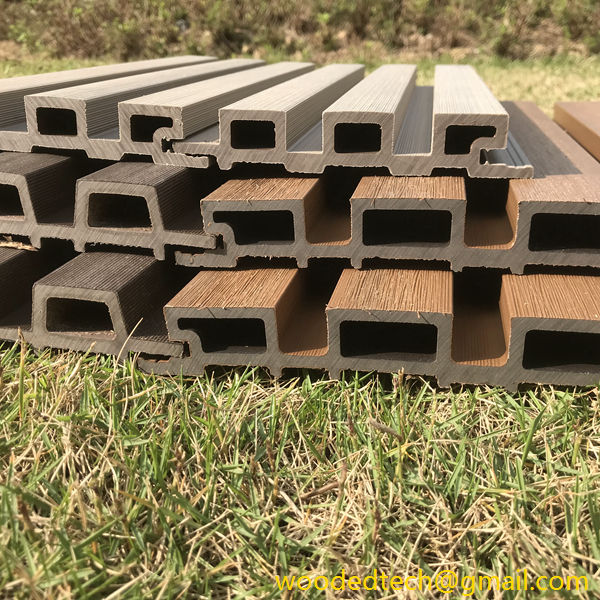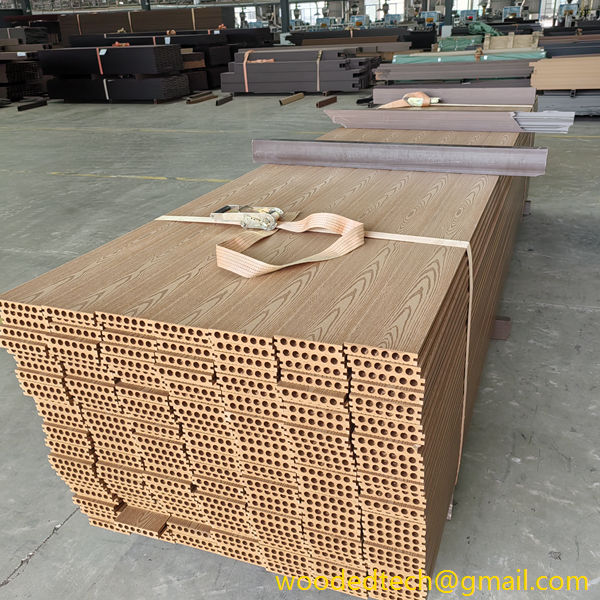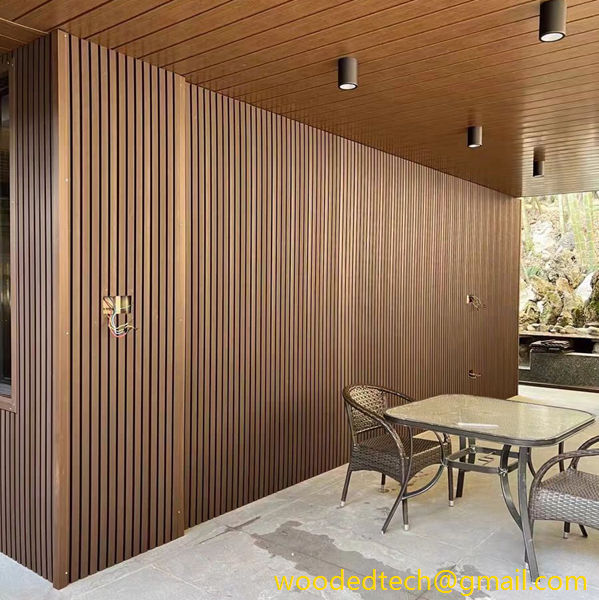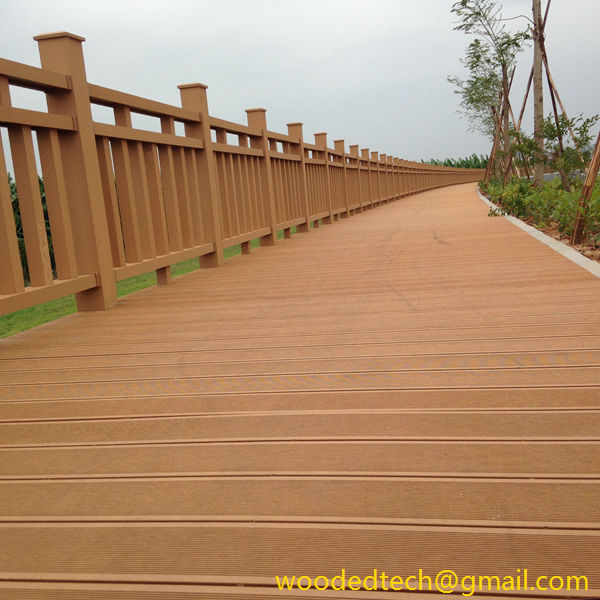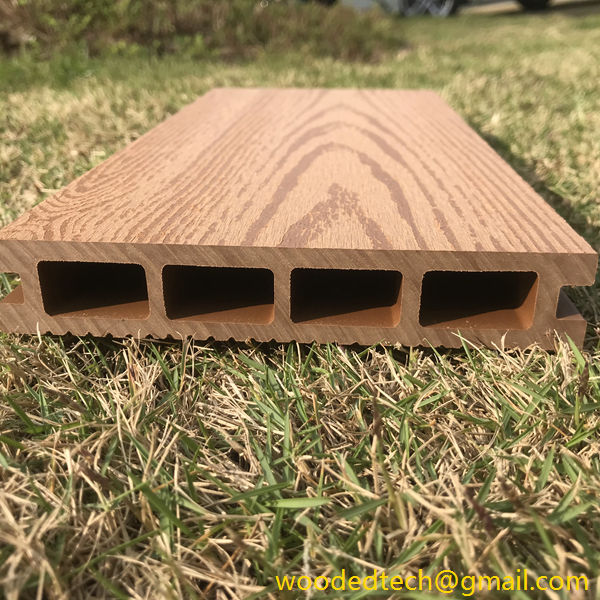Discover the Range of Veranda Composite Decking Colors to Match Your Outdoor Aesthetic
Discover the Range of Veranda Composite Decking Colors to Match Your Outdoor Aesthetic When it comes to enhancing outdoor spaces, the aesthetic appeal of a deck can transform a simple backyard into a welcoming oasis. Veranda composite decking has emerged as a popular choice for homeowners looking to elevate their outdoor aesthetics while enjoying the…
Discover the Range of Veranda Composite Decking Colors to Match Your Outdoor Aesthetic
When it comes to enhancing outdoor spaces, the aesthetic appeal of a deck can transform a simple backyard into a welcoming oasis. Veranda composite decking has emerged as a popular choice for homeowners looking to elevate their outdoor aesthetics while enjoying the benefits of durability and low maintenance. One of the standout features of Veranda composite decking is its wide array of colors, which can complement various home styles and landscapes. However, the global production capacity distribution of composite decking materials plays a critical role in the availability and variety of these products.
The outdoor living market has experienced significant growth over the past decade, driven by evolving consumer preferences and a greater emphasis on outdoor entertainment spaces. As a result, manufacturers have invested heavily in their production capabilities to meet this rising demand. Veranda composite decking, known for its sustainable materials and attractive finishes, has gained traction among consumers who seek both style and functionality.
Veranda offers a diverse range of colors that cater to different aesthetic preferences. Whether you are looking for a classic wood finish, vibrant modern hues, or subtle earth tones, Veranda has something to suit every taste. Popular color options include rich browns, deep grays, and lighter shades that mimic the appearance of natural wood. The availability of these colors is not just a matter of design; it reflects a broader trend in consumer choices that emphasizes personalization and self-expression in outdoor spaces.
From a global perspective, the distribution of production capacity for composite decking materials like Veranda is influenced by several factors, including regional demand, resource availability, and technological advancements. The United States, for instance, has become a significant hub for composite decking manufacturing due to its large market size and the high demand for outdoor living products. With numerous manufacturers operating in the region, competition has spurred innovation, leading to the development of new colors and textures that can cater to diverse consumer preferences.
In addition to the United States, other regions are also emerging as key players in the composite decking market. For instance, countries in Europe and Asia are witnessing an increase in production capacity as manufacturers respond to the growing trend of outdoor living spaces. The European market, in particular, has shown a marked interest in sustainable building materials, prompting manufacturers to explore eco-friendly options in their product lines. This has led to the introduction of innovative colors that not only look good but are also produced with minimal environmental impact.
The diverse range of colors available in Veranda composite decking is also an outcome of advancements in manufacturing technology. Modern production techniques allow for greater flexibility in color customization, enabling brands to introduce new shades and finishes more rapidly. This is particularly beneficial in a competitive market where consumer preferences can shift quickly. As a result, Veranda’s ability to adapt its color offerings to meet the demands of a dynamic market underscores the importance of a robust production capacity that can respond to changing trends.
Moreover, the distribution of global production capacity is influenced by supply chain dynamics that affect the procurement of raw materials used in composite decking. The sourcing of recycled materials and sustainable wood fibers has become increasingly important as consumers prioritize eco-conscious products. Regions with access to abundant natural resources and efficient recycling systems have a competitive advantage in producing composite decking materials. This not only impacts the availability of specific colors but also shapes the overall aesthetic appeal of the product.
As homeowners become more discerning about their outdoor aesthetics, the choice of decking color plays a pivotal role in the overall design scheme. For example, a deep, rich brown can create a warm and inviting atmosphere, perfect for traditional homes, while a sleek gray can lend a contemporary feel to modern architecture. Veranda’s ability to offer such a broad spectrum of colors allows consumers to express their unique styles and preferences.
In conclusion, Veranda composite decking stands out not only for its aesthetic appeal but also for its extensive range of color options that cater to a variety of outdoor aesthetics. The global production capacity distribution of composite decking materials significantly influences the availability of these colors, with regions like the United States and Europe playing vital roles in meeting consumer demand. As manufacturers continue to innovate and adapt to changing market trends, the diversity of colors available in Veranda composite decking will likely expand even further, providing homeowners with endless possibilities for creating their dream outdoor spaces. By choosing Veranda, consumers can enjoy not only the beauty of their decks but also the peace of mind that comes with selecting a product designed for longevity and sustainability. This combination of aesthetic variety and robust production capabilities positions Veranda composite decking as a leading choice for outdoor renovations, making it easier than ever for homeowners to achieve their desired look while enjoying the benefits of modern materials.

